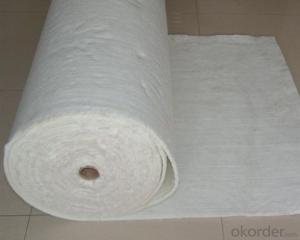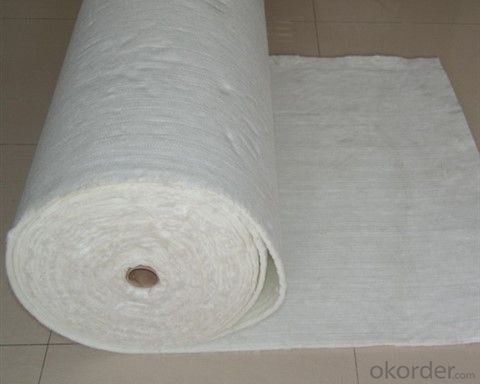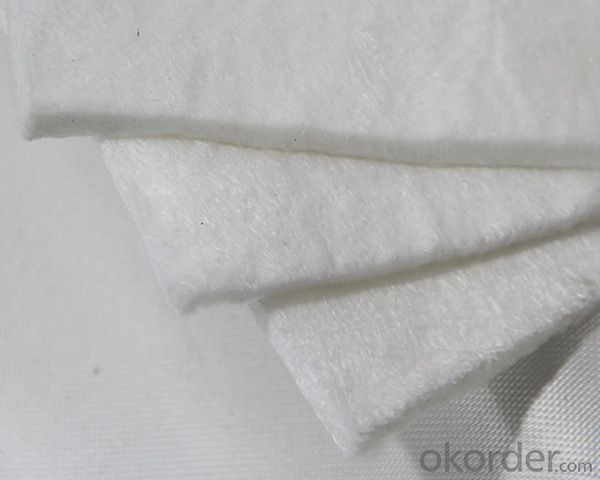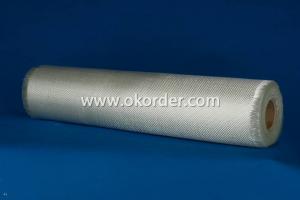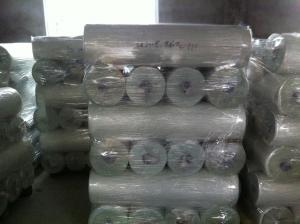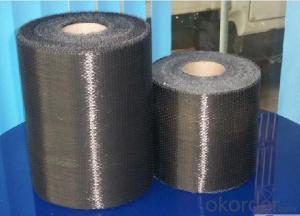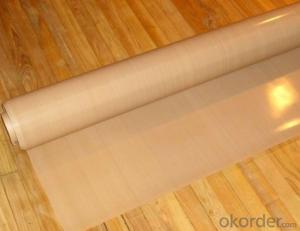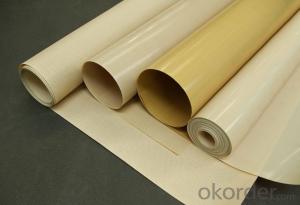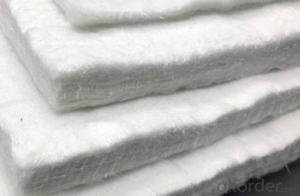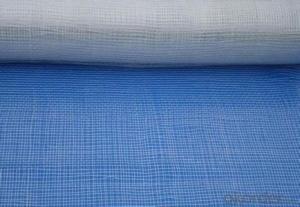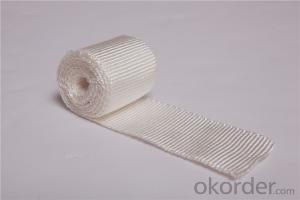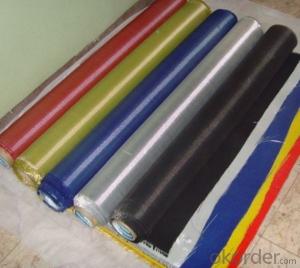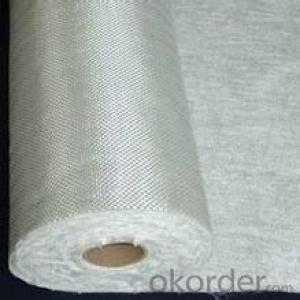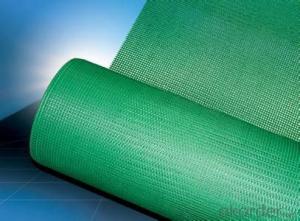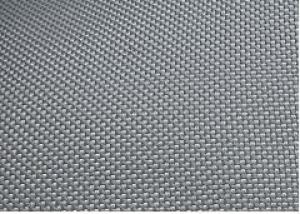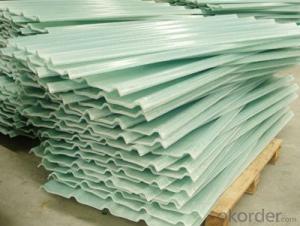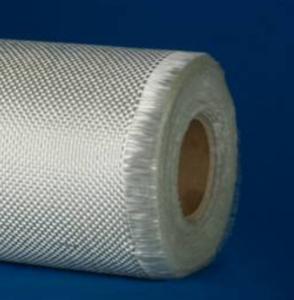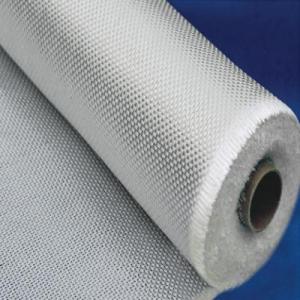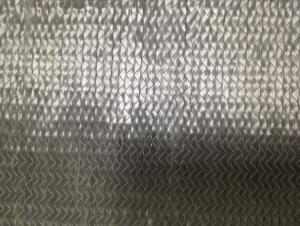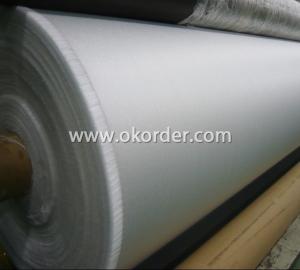High Temperature Insulation Fiberglass Fabrics Silica Fiber Needle Mat
- Loading Port:
- Ningbo
- Payment Terms:
- TT OR LC
- Min Order Qty:
- 500 m²
- Supply Capability:
- 300000 m²/month
OKorder Service Pledge
OKorder Financial Service
You Might Also Like
Description: High silica fiber needle mat is machincally punched by 100% silica fiber strands without any binder. It is suitable for 1100℃ hight temperature insulation.
Features: high temperature, chemical, and abrasion resistance, fire retardant
Application: Fiberglass Mesh Cloth, resistant high temperatures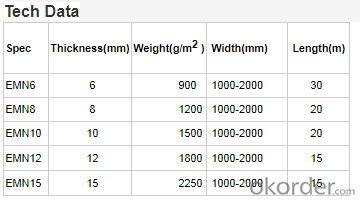
PRICE: USD2 per kilogram
UNIT: Kilogram
MOQ: 100 KGS
Weight: 110-150gsm
Width: 1m,1.2m,1.5m or customized
Yarn Type: E-glass
Standing temperature: 1100℃
Product name: Silica Fiber Needle Mat
Roll length: 50 meter or customized
Color: white
Weave Type:conventional
Alkali content: Alkali free
Processing service: cutting
Material: fiberglass
Thickness: 3-25mm or customized
Size: can be customized
Supply ability: 200000 Kilogram/Kilograms per Month
Packaging: Rolls packed In cartons loaded on pallets or according to customers' requirements.
Lead time: 7-30 days
Technology: nonwoven, laminating and needle-punched
- Q: Construction method of organosilicon waterproof coating
- The total coating thickness is above 1.5mm, and the coating interval is 2-12h (depending on the weather condition). 1-2 layers of glass fiber cloth or other matrix material can be added to the coating.
- Q: Can fiberglass fabric be used for making flags?
- Yes, fiberglass fabric can be used for making flags. Fiberglass fabric is a lightweight, durable, and weather-resistant material, making it suitable for outdoor applications such as flags. It is also known for its high strength-to-weight ratio, which ensures that the flag will withstand wind and other environmental conditions. Additionally, fiberglass fabric can be easily printed on, allowing for vibrant and long-lasting flag designs. Overall, fiberglass fabric offers an excellent choice for making flags that are both aesthetically pleasing and durable.
- Q: What are the different coatings available for fiberglass fabric?
- Fiberglass fabric can be coated with various options, each designed to improve performance and offer specific properties. Some commonly used coatings for fiberglass fabric include: 1. Silicone: With excellent heat resistance, silicone coatings are commonly applied in situations involving high temperatures, such as insulation blankets, removable insulation covers, and fire protection systems. 2. Acrylic: Offering good weather resistance and durability, acrylic coatings are suitable for outdoor applications. They also provide some level of abrasion resistance, making them ideal for protective covers, awnings, and banners. 3. Polyurethane: Known for high flexibility and elasticity, polyurethane coatings are perfect for applications requiring fabric to stretch or bend. They also offer good resistance to chemicals and UV radiation, making them suitable for protective clothing, boat covers, and inflatable structures. 4. PTFE (Polytetrafluoroethylene): Renowned for their excellent non-stick properties and resistance to high temperatures, PTFE coatings are commonly used in applications requiring low friction and high temperature resistance. These include conveyor belts, release sheets, and insulation covers. 5. Vinyl: Vinyl coatings provide good water resistance and durability, making them suitable for waterproof fabric applications. Common uses include tarps, truck covers, and outdoor furniture covers. 6. Neoprene: Neoprene coatings exhibit excellent resistance to oils, chemicals, and abrasion. They are commonly found in applications that demand fabric to withstand harsh environments, such as protective clothing, gloves, and industrial curtains. It is vital to consider that each coating has its own advantages and limitations. Therefore, the choice of coating should be based on the specific requirements of the application.
- Q: Hello, could you tell me how to do the surface treatment under the glass fiber cloth? Thank you
- Wash with acid and water and alcohol!
- Q: Are fiberglass fabrics resistant to shrinkage or stretching?
- Fiberglass fabrics are known for their excellent resistance to shrinkage and stretching. Due to the inherent properties of fiberglass, such as its high tensile strength and low elasticity, these fabrics are highly resistant to both shrinkage and stretching. This makes them ideal for applications where dimensional stability is important, such as in the manufacturing of industrial products, insulation materials, and composite materials. Additionally, the durability and resistance to shrinkage and stretching make fiberglass fabrics suitable for high-temperature environments and harsh conditions. Overall, fiberglass fabrics offer excellent stability and maintain their shape and size even when subjected to various external forces.
- Q: How does fiberglass fabric perform in wind and storm conditions?
- Fiberglass fabric is known for its exceptional performance in wind and storm conditions. Due to its strong and durable nature, fiberglass fabric is resistant to wind damage and can withstand high wind speeds. Its unique composition, which includes strands of glass fibers woven together, provides superior strength and stability, making it highly effective in withstanding the forces of strong winds and storms. One of the key advantages of fiberglass fabric in wind and storm conditions is its ability to retain its shape and structural integrity. Unlike other materials that may deform or collapse under heavy wind loads, fiberglass fabric remains rigid and stable, ensuring the integrity of structures or objects it is used to protect. Moreover, fiberglass fabric is highly resistant to moisture, making it an ideal choice for windy and stormy environments. It does not absorb water, preventing it from becoming heavy and losing its effectiveness. This feature also helps to prevent the growth of mold or mildew, which can further compromise the fabric's performance. Additionally, fiberglass fabric is fire-resistant, which is essential in storm conditions where the risk of fire is increased. This fire-retardant property adds an extra layer of safety, making it a preferred choice for applications where wind and storm conditions are expected. In summary, fiberglass fabric performs exceptionally well in wind and storm conditions. Its strength, stability, resistance to moisture, and fire-retardant properties make it an excellent choice for various applications, such as protective covers, building structures, and outdoor equipment, ensuring durability and safety even in the harshest weather conditions.
- Q: Is fiberglass fabric resistant to chemicals used in pharmaceutical industry?
- Yes, fiberglass fabric is generally resistant to the chemicals used in the pharmaceutical industry. Its non-reactive nature and high chemical resistance make it suitable for use in various pharmaceutical applications such as filtration, insulation, and protective clothing. However, it is important to note that the specific chemical resistance may vary depending on the type of fiberglass fabric and the concentration and duration of exposure to the chemicals.
- Q: Is fiberglass fabric suitable for making protective clothing?
- Yes, fiberglass fabric is suitable for making protective clothing. Fiberglass fabric is known for its excellent heat resistance and flame retardant properties, making it an ideal choice for protective clothing in industries where workers are exposed to high temperatures, sparks, and flames. The fabric is also lightweight and durable, providing comfort and long-lasting protection. Furthermore, fiberglass fabric has good insulation properties, protecting the wearer from extreme cold or hot environments. It is also resistant to chemicals, making it suitable for use in industries where workers are exposed to hazardous substances. However, it is important to note that fiberglass fabric can irritate the skin and cause respiratory issues if not properly handled or sealed, so proper precautions should be taken when working with this material.
- Q: Are fiberglass fabrics resistant to static electricity?
- Yes, fiberglass fabrics are inherently resistant to static electricity.
- Q: What is fiberglass sound absorption board?
- Glass wool belongs to a kind of glass fiber, it is a kind of man-made inorganic fiber.
Send your message to us
High Temperature Insulation Fiberglass Fabrics Silica Fiber Needle Mat
- Loading Port:
- Ningbo
- Payment Terms:
- TT OR LC
- Min Order Qty:
- 500 m²
- Supply Capability:
- 300000 m²/month
OKorder Service Pledge
OKorder Financial Service
Similar products
Hot products
Hot Searches
Related keywords
